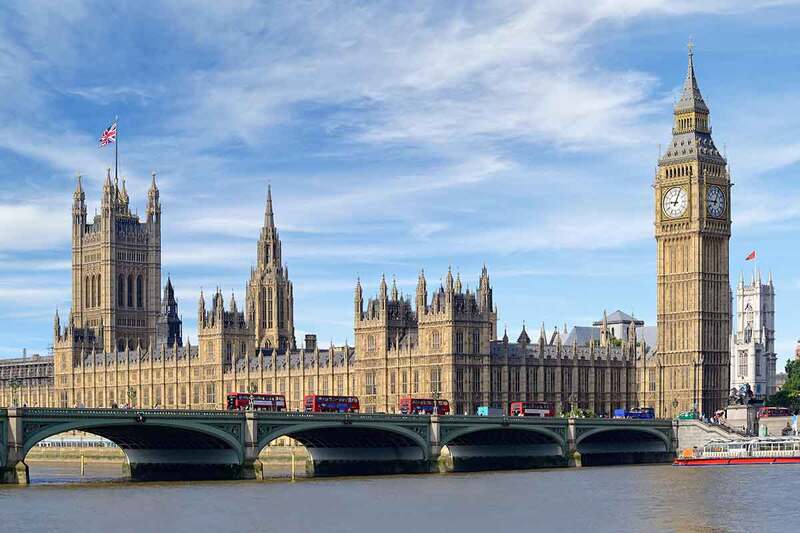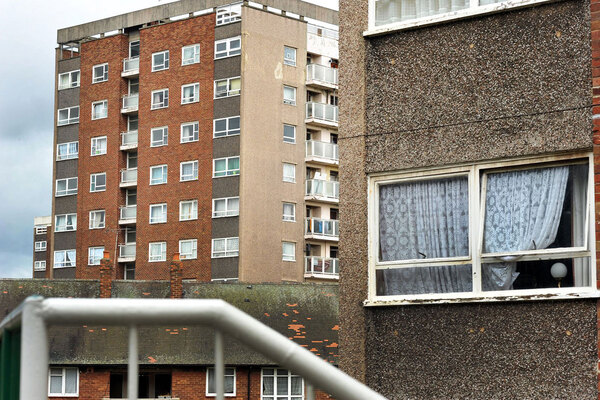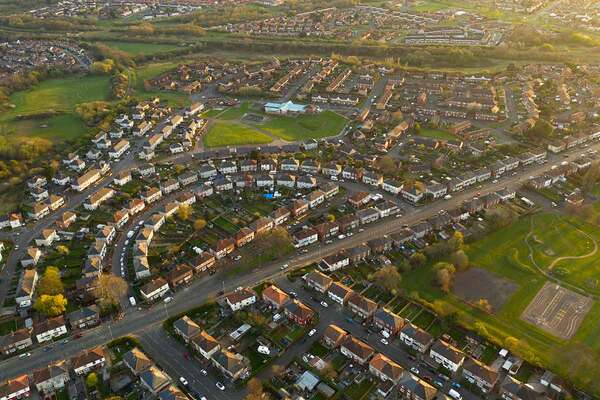You are viewing 1 of your 1 free articles
Government extends CPI+1% rent settlement for 2025-26
Annual social housing rent increases in England will continue to be capped by the Consumer Price Index (CPI) plus one percentage point for 2025-26 following a government decision to extend the existing settlement for another year.
The current five-year rent settlement, spanning 2020-21 to 2024-25, allows providers to increase rents by CPI plus one per cent.
However, the just-completed financial year of 2023-24 was an exception after the Department for Levelling Up, Housing and Communities (DLUHC) intervened in November 2022 to cap annual rent increases at seven per cent, following a consultation.
In its response to its consultation on rent caps last year, the government said this exception to the five-year rent settlement would apply for one year only.
The government then confirmed in January this year that permitted annual rent increases in England would be 7.7 per cent for the current financial year (2024-25), with the rent settlement of CPI plus one percentage point being applied in what had previously been thought to be the last year of the settlement.
This was based on the CPI figure of 6.7 per cent in September 2023.
Now, DLUHC has announced that the existing social housing rent settlement will be rolled over by a further year for 2025-26.
In the announcement, which was made at the bottom of a release announcing the introduction of the new consumer regulation, the department said: “This provides greater certainty for social housing tenants and landlords about levels of rent next year in light of the new consumer regulation regime.”
Future rent uncertainty
The sector has been awaiting an update from government on what the next rent settlement will be once the current one ends – now post 2025-26 as opposed to post-2024-25.
DLUHC had been due to consult on its future “post-2025” social housing rent policy, but no fixed date had been provided for this.
Previously in its response to its rent consultation in December last year, the government said it would consult during 2023 on social housing rent policy post-2025.
Social Housing asked DLUHC how the latest announcement would impact timings for the consultation. A spokesperson said: “We will consult on future social housing rent policy in due course.”
In its response to the consultation last year, the department vowed to launch a call for evidence on whether providers should be permitted, gradually over time, to bring rents back up to the level they would have been had a seven per cent cap not been applied.
In the report, the department said: “The government wants to ensure that future policy strikes the right balance between protecting tenants from cost of living pressures and ensuring registered providers of social housing have sufficient income to undertake their activities, including increasing the supply and quality of social housing. We will release details of this consultation in due course.”
Many in the sector have called for a return to rent convergence. In February the G15, the group of London’s largest housing associations, made this ask as part of its requests ahead of the Spring Budget.
Fiona Fletcher-Smith, chair of the G15 and chief executive of L&Q, said at the time: “Key for us is the uncertainty around rents, and so we are calling for rent convergence to be reinstated with a cast-iron commitment to indexation.
“A reintroduction of rent convergence would also provide fairness by ensuring residents pay comparable rents based on the size of their property and location.”
In December, ahead of rent-setting for the current financial year and beyond, registered providers told Social Housing that amid rent uncertainty they had been modelling a range of scenarios and applying caution to their business-planning.
Landlords and trade bodies highlighted the need for rent certainty and called for a long-term rental settlement, preferably a 10-year settlement of CPI plus one.
James Prestwich, director of policy and external affairs at the Chartered Institute of Housing, said at the time that a 10-year settlement would “provide the certainty the sector needs to business plan effectively, making the long-term investment decisions required to improve existing stock and fund new supply”.
“Of course, it is vital that a new long-term rent settlement is affordable for people living in social housing and there is a balance to be struck that will deliver for landlords and tenants,” he said.
Sign up for Social Housing’s weekly news bulletin
Social Housing’s weekly news bulletin delivers the latest news and insight across finance and funding, regulation and governance, policy and strategy, straight to your inbox. Meanwhile, news alerts bring you the biggest stories as they land.
Already have an account? Click here to manage your newsletters.
RELATED







